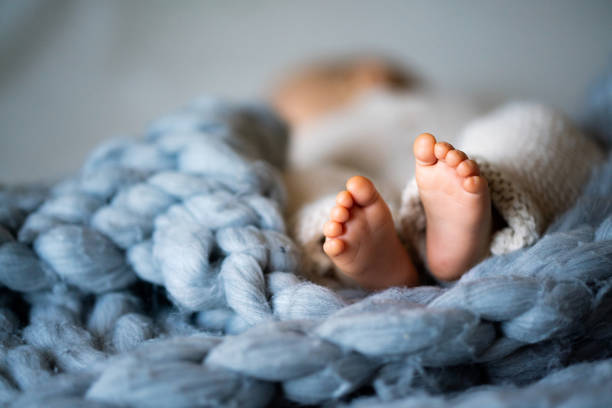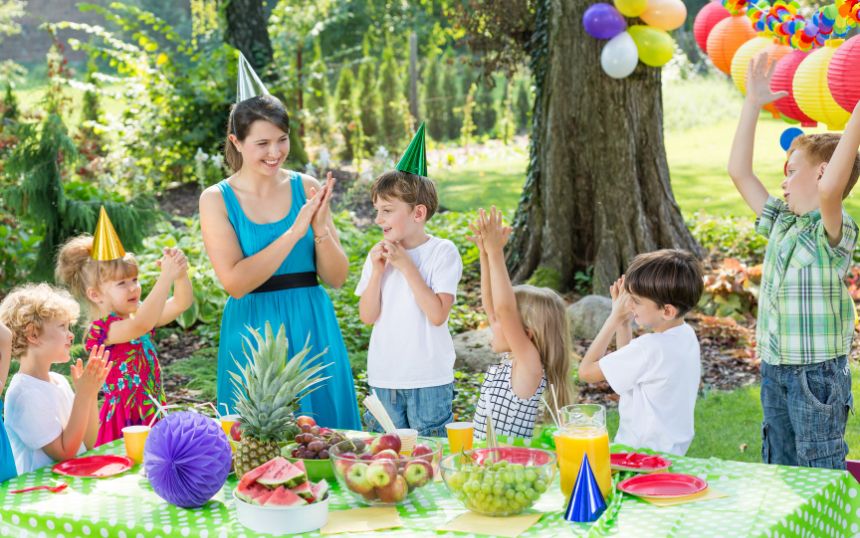Understanding the Kids’ Brawls: A Comprehensive Guide for Parents
Have you ever wondered why kids fight? As a parent, you may have experienced your children engaging in physical or verbal fights with their siblings or friends. These brawls can be confusing and concerning for parents, but understanding the reasons behind them is crucial in addressing and preventing future conflicts.
In this guide, we will discuss the common causes of kids' brawls and provide tips for parents on how to handle these situations.
Why do Kids Fight?
Children are still developing their emotional, social, and cognitive skills, making them more prone to conflicts. Here are some reasons why kids may engage in fights:
1. Seeking Attention
As children grow, they develop a sense of self and the need for attention. Fighting with their siblings or friends can be a way to get attention from their parents or peers.
To address this, parents should ensure that they spend quality time with each child individually and give them positive attention to fulfill their emotional needs.
2. Establishing Power Dynamics
In any relationship, there will always be power dynamics at play. Children may engage in fights to establish dominance and control over their siblings or friends.
To prevent this, parents should teach their children about healthy ways of resolving conflicts and emphasize the importance of equal power dynamics in relationships.
3. Expressing Frustrations
Children, like adults, can experience frustrations that they may not know how to express. Fighting can be a way for them to release their negative emotions and let out their frustrations.
Parents can help by teaching their children healthy coping mechanisms and providing a safe space for them to express their feelings.
4. Copying Behaviors
Kids may also learn aggressive behaviors from the people around them, such as parents, siblings, or media influencers. These behaviors can influence how they handle conflicts and lead to fights.
Parents should be mindful of their behaviors and provide positive role models for their children. Limiting exposure to violent media can also prevent children from copying aggressive behaviors.
How to Respond to Kids' Brawls
When your children engage in a fight, it's essential to stay calm and approach the situation objectively. Here are some tips on how to respond:
- Acknowledge and understand each child's perspective
- Use positive reinforcement to encourage peaceful behavior
- Set clear rules and consequences for fighting
- Teach problem-solving skills and conflict-resolution strategies
- Seek professional help if the fights become frequent or violent.
If the children involved in a fight get physically hurt, parents should assess the situation and provide appropriate medical attention if needed. For example, if a tooth gets knocked out during the brawl, parents can seek dental implant services in North York to restore their child's smile.
The Impact of Kids' Fights
Aside from physical injuries, kids' brawls can also have long-term effects on their mental and emotional well-being. Constant fighting can lead to low self-esteem, anxiety, and aggression in children.
As parents, it's crucial to address these conflicts promptly and provide a healthy environment for your children to grow and learn conflict resolution skills. This means setting a good example, communicating effectively, and being patient and understanding.
Conclusion
Understanding the reasons behind kids' brawls is key to addressing and preventing these conflicts. By acknowledging each child's perspective, teaching healthy coping mechanisms, and providing a safe space for expression, parents can promote peaceful behavior and help their children develop strong conflict-resolution skills. Remember to stay calm, communicate effectively when responding to fights, and seek professional help if needed. Let's work together to create a harmonious environment for our children to thrive in.
Do you have any other tips for handling kids' brawls? Share them in the comments below! Let's continue the conversation and support each other as parents.





